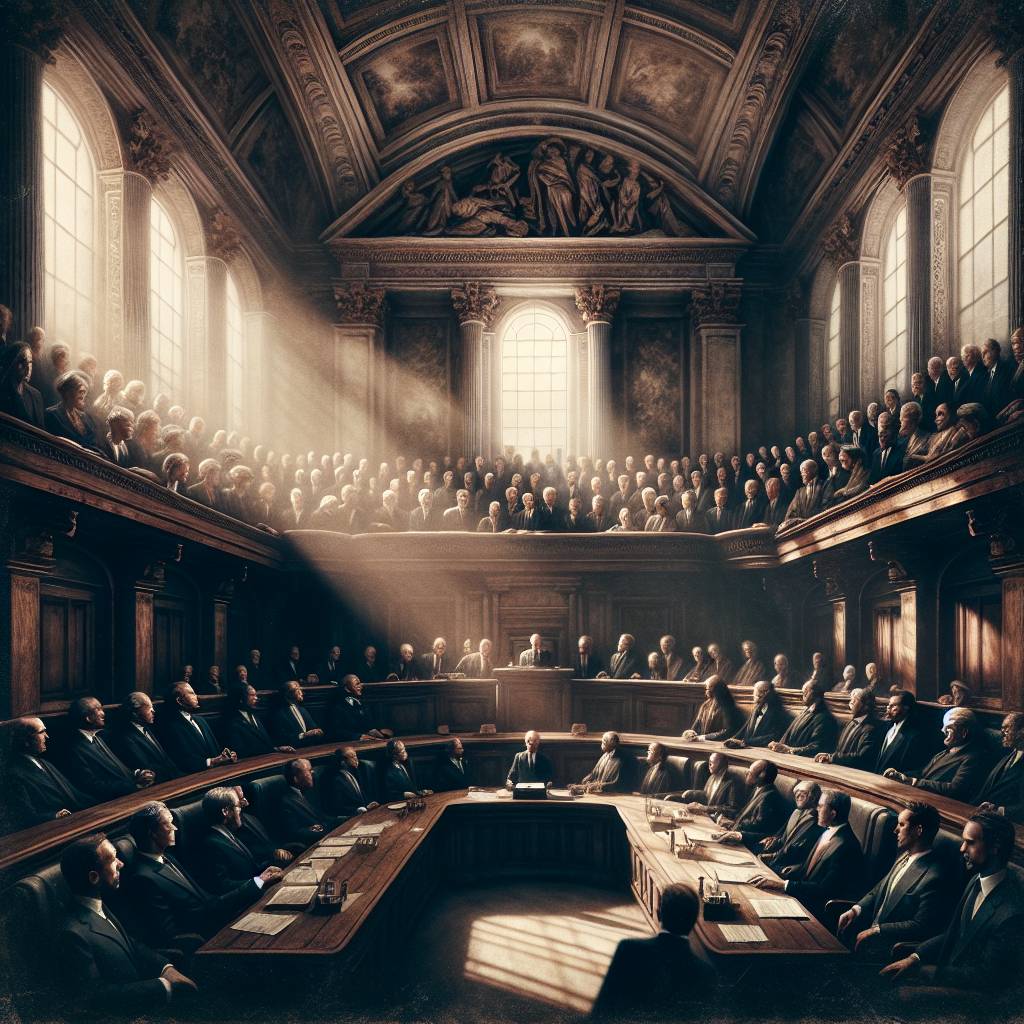Cybersecurity Law Renewal Sparks Debate: WIMWIG Act Faces Congressional Comedy of Errors
The House Homeland Security Committee gave the thumbs up to extend a crucial cybersecurity law, originally set to expire, with the WIMWIG Act. This keeps the private sector’s cyber gossip line open with the government for another decade. Concerns about censorship linger, but lawmakers are determined to keep the digital drama alive.

Hot Take:
Why reinvent the wheel when you can just slap a fresh coat of cyber paint on it? The House Homeland Security Committee is rolling out a “new” cybersecurity measure that’s essentially the 2015 model with a few shiny new amendments. I mean, if it ain’t broke, just extend it another decade, right? But watch out—Rand Paul’s got his First Amendment magnifying glass ready for any hint of censorship. Who knew cybersecurity could be so exhilarating?
Key Points:
– The WIMWIG Act aims to extend the Cybersecurity and Information Sharing Act of 2015 for another ten years.
– The law facilitates the sharing of cyber threat intelligence between private sectors and the U.S. government with liability protections.
– Amendments to the bill faced minimal opposition, despite concerns over the process from some committee members.
– Republican lawmakers are concerned about potential censorship by CISA, led by Rand Paul’s crusade for free speech.
– The law originally gained traction following major data breaches, such as the 2015 Office of Personnel Management incident.
